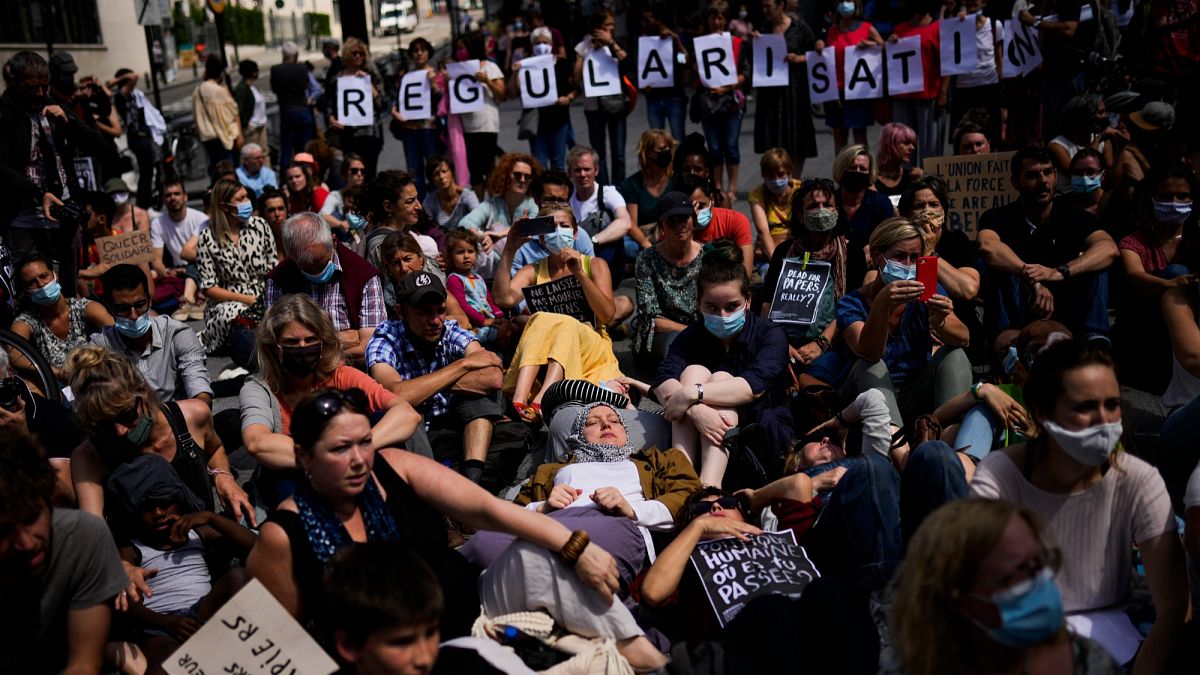

In recent months, significant developments across Europe and the Middle East have underscored shifting dynamics and challenges regarding migration and humanitarian efforts. These events highlight the need for careful navigation and understanding amid changing global realities, offering a profound reflection on how countries are responding to evolving circumstances.
Belgium, in particular, has taken a notable stance by revising its family reunification policies for migrants. This decision is not an isolated incident but rather aligns with broader European trends. Both Portugal and Germany have similarly adjusted their criteria to address the complexities of migration within the continent. These changes capture a regional move towards recalibration of integration policies, aiming to balance humanitarian obligations with national interests. Though these policies are evolving, they underscore the shared intent among European nations to manage migration with consideration and care.
Meanwhile, European Commission President Ursula von der Leyen has expressed a poignant reminder of the lasting transformations the world is experiencing. In her view, these changes are not temporary, and Europe must adapt to a new global landscape. Her reflections resonate with the broader European approach, indicating a necessity to confront new realities with foresight and resilience. This call to action encourages a mindful adaptation to the cascading changes that impact governance, security, and international relations. By steering the public discourse towards acceptance and action, leaders aim to foster a climate of hope and determination, essential qualities in addressing the world’s pressing challenges.
Across the Mediterranean, Palestinian students hoping to study in the United Kingdom are facing significant hurdles that hinder their educational aspirations. Approximately 40 students, awarded full scholarships to UK universities, find their dreams delayed due to bureaucratic impediments. The absence of biometric data collection facilities in Gaza poses a substantial barrier, leaving these students in a precarious situation. Amidst mounting calls for intervention, discussions at high levels within the UK government continue, as advocates urge the authorities to facilitate these students’ safe travel to further their education. This situation encapsulates a broader narrative on the importance of access to education as a transformative tool, underscoring the commitment needed from international communities to support it.
In parallel, the dire circumstances faced by journalists in conflict zones demand urgent attention. The Agence France-Presse (AFP) has issued a plea for the evacuation of its freelance journalists in Gaza. Highlighting the severe conditions of hunger and inadequate access to clean water, these journalists are operating under immensely challenging situations that compromise their well-being and ability to report. The protracted conflict with Israel has left Gaza in distress, emphasizing an acute humanitarian need that transcends professional backgrounds. This appeal serves as a critical reminder of the role media plays in conflict areas and the protections needed to ensure journalists can continue their vital work without jeopardizing their safety.
These stories, from European policy adjustments to the calls for humanitarian support in the Middle East, weave a common thread of challenge and adaptation. This moment in time presents both trials and opportunities—urging governments, institutions, and individuals to engage thoughtfully with the multifaceted issues at hand. By centering on compassion and cooperation, there’s potential to transform these challenges into pathways for shared growth and understanding. As each of these narratives unfolds, the underlying message remains clear: global collaboration and empathy are key in facing an ever-changing world with courage and wisdom.
Source: {link}
